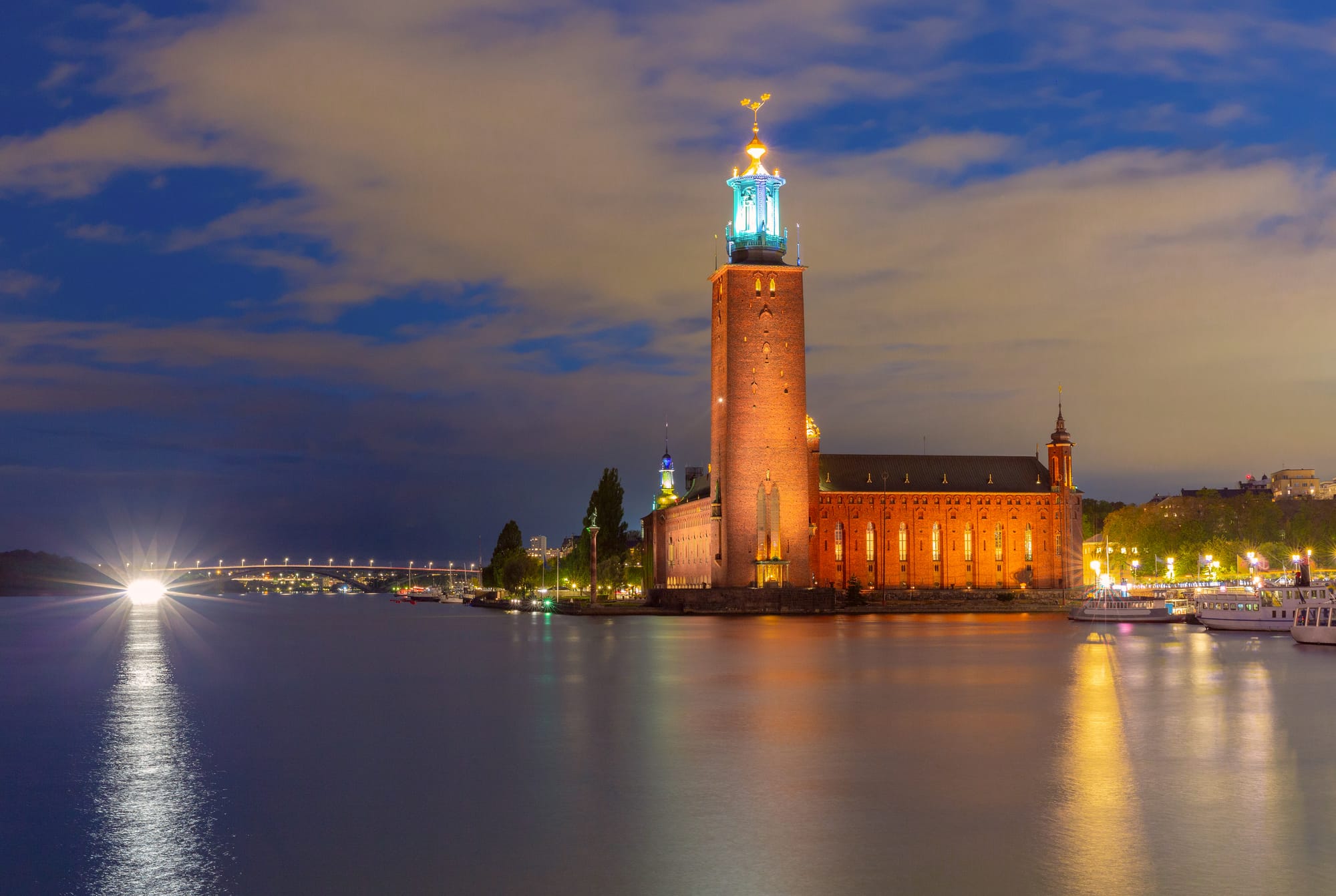Joel Mokyr and the Cultural Foundations of Economic Prosperity - October 2025

Knowledge, Culture, and the Origins of Modern Growth
Joel Mokyr and the Cultural Foundations of Economic Prosperity
Sveriges Riksbank Prize in Economic Sciences in Memory of Alfred Nobel, 2025
Why did the world move from millennia of stagnation to centuries of continuous prosperity? Why did sustained economic growth—once a historical anomaly—become the defining feature of modern life? The 2025 Nobel laureate in Economic Sciences, Joel Mokyr, has spent his career answering these questions by turning the spotlight away from factories and finance, and toward something less tangible but more transformative: the power of ideas and culture.
In awarding Mokyr (alongside Philippe Aghion and Peter Howitt) the Prize “for having explained innovation-driven economic growth,” the Royal Swedish Academy of Sciences recognized a profound shift in how we understand development. Mokyr’s work reimagines the Industrial Revolution not as a mechanical or material phenomenon, but as a cultural revolution in knowledge itself—a moment when curiosity, skepticism, and experimentation became moral virtues, and when societies began to believe that progress was both possible and desirable.
Before the eighteenth century, technological change was sporadic and fragile. Inventions like the waterwheel or printing press improved local productivity but failed to generate cumulative progress. What changed, Mokyr argues, was not simply technology, but the intellectual climate that surrounded it. The Industrial Enlightenment—a fusion of science, philosophy, and craftsmanship—replaced reverence for tradition with confidence in systematic inquiry. Knowledge was no longer the privilege of guilds or elites; it became a public enterprise, shared through societies, journals, and exhibitions. This was the spark that transformed invention into self-sustaining innovation.
At the heart of Mokyr’s analysis lies the concept of the “market for ideas.” Just as competition among firms drives efficiency, competition among beliefs drives intellectual progress. Europe’s political and religious pluralism created an open marketplace where new theories could be tested, debated, and, when successful, adopted. Where other civilizations prized harmony and obedience, Europe learned to institutionalize dissent—turning creative destruction from a disruptive threat into a source of renewal.
Mokyr’s insight bridges economics, history, and moral philosophy: sustained growth depends not only on capital and policy, but on a culture that values curiosity, openness, and trust in knowledge. The Enlightenment’s legacy, he warns, remains fragile. In an age of misinformation, polarization, and digital upheaval, the conditions that once unleashed the Industrial Revolution must be consciously maintained.
This one-page summary offers only a glimpse of Mokyr’s remarkable contribution. His work reminds us that progress is not inevitable—it is a cultural achievement, built on centuries of shared faith in reason, evidence, and human potential.
📘 Download the full report to explore how Joel Mokyr’s research illuminates the deep roots of modern growth—and why safeguarding the culture of knowledge may be the most important economic policy of all.


